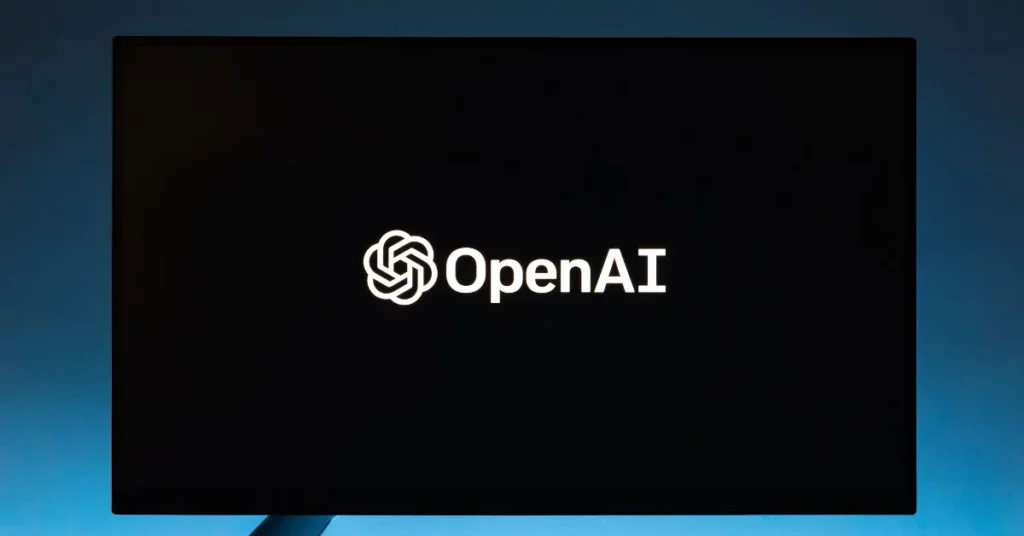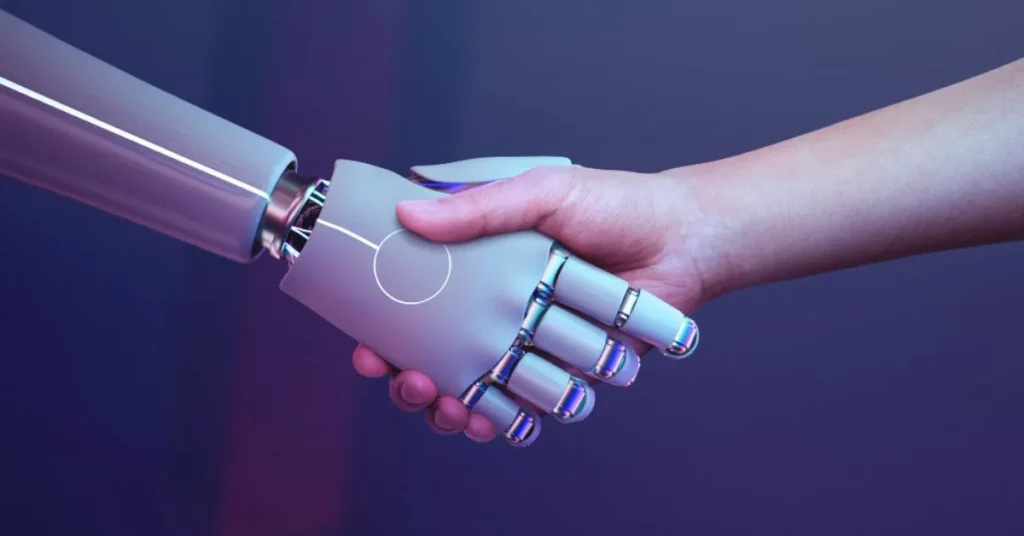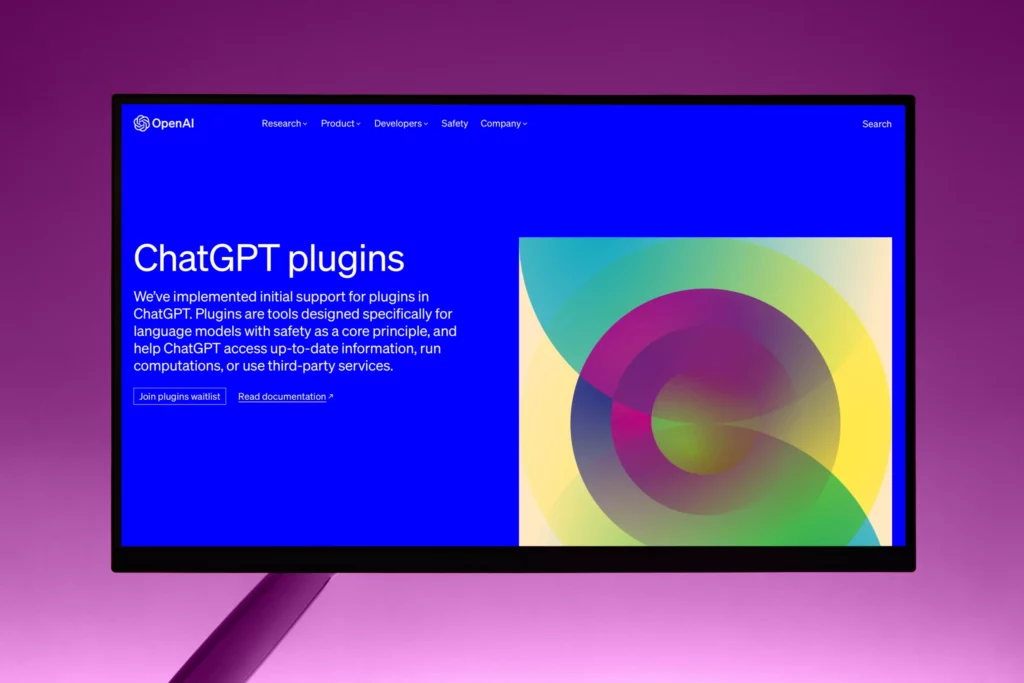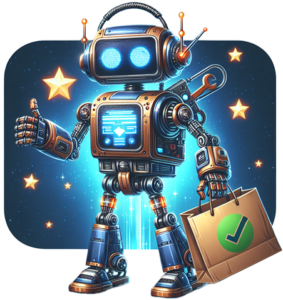Artificial intelligence has revolutionized the way modern businesses operate by offering a wide array of solutions to enhance productivity and streamline operations. This article takes an in-depth look at integrating AI productivity tools into today’s business landscape. It also analyzes the impact of these innovative technologies across various AI productivity tools and their role in reshaping the future of work.
Cognilytica: AI-Powered Market Intelligence
Cognilytica’s AI-powered market intelligence goes beyond traditional market analysis by harnessing the power of machine learning. By analyzing vast datasets, this AI productivity tool identifies patterns, trends, and potential opportunities that may not be immediately apparent through traditional methods. Its capabilities enable businesses to make data-driven decisions, adapt to market changes proactively, and stay ahead of the competition. The tool’s dynamic and real-time insights provide a valuable resource for strategic planning, helping organizations navigate the complexities of today’s fast-paced business environment.
Microsoft Power Automate: Streamlining Business Processes with AI
Formerly known as Microsoft Flow, Power Automate’s AI integration offers businesses a powerful solution for automating intricate business processes. By leveraging AI-based suggestions, this AI productivity tool helps users create and optimize workflows across various Microsoft applications. Power Automate’s adaptability and integration with popular productivity tools enhance collaboration and ensure seamless automation across different departments. Whether it’s document approvals, data migration, or data synchronization, Power Automate’s AI-driven automation simplifies complex tasks. This allows organizations to operate more efficiently.
Zoom: AI-Enhanced Video Conferencing
Zoom’s AI-enhanced features provide a more immersive and productive video conferencing experience. Real-time language translation breaks down communication barriers in global meetings. This allows participants to communicate seamlessly in their preferred language. Automated meeting transcriptions make it easy to review discussions and extract key points. Zoom’s AI-driven noise cancellation ensures that background disturbances are minimized. It creates a distraction-free environment for effective communication. These features position Zoom as a leader in the realm of virtual collaboration, catering to the diverse needs of remote teams and businesses.
Evernote: AI-Powered Organization and Note-Taking
Evernote’s integration of AI brings a new level of intelligence to note-taking and organization. Automatic tagging and suggested notebooks simplify the categorization of notes, making it easier to retrieve information when needed. Its content recommendations based on user habits anticipate the user’s needs. It enhances the overall user experience. The tool’s versatility allows users to capture ideas, images, voice notes, and more. Thus, this makes it a central hub for information storage and retrieval. Evernote’s AI-driven features make it a valuable tool for individuals and teams striving for efficient organization and collaboration.
Asana: AI-Driven Task Management
Asana’s AI-driven task management capabilities contribute to effective project planning and execution. By analyzing historical project data, the tool provides insights into potential roadblocks and resource allocation. This enables teams to make informed decisions. Its smart scheduling feature uses predictive analytics to optimize project timelines, ensuring that tasks are completed efficiently. The tool’s AI-driven task management empowers teams to prioritize work. They do so by allocating resources effectively and also by identifying potential challenges before they impact project timelines. Asana’s user-friendly interface and collaboration features make it a preferred choice for teams aiming to enhance their project management workflows.
Google Workspace: AI-Powered Collaboration and Productivity
Google Workspace’s integration of AI enhances collaboration and productivity across its suite of applications. Smart Compose in Gmail suggests relevant content as users compose emails, saving time and reducing errors. Explore in Sheets uses AI to generate insights from data, making it easier for users to derive valuable information from their spreadsheets. Its AI-driven features promote collaboration by automating repetitive tasks and suggesting intelligent solutions throughout the document creation and editing process. Google Workspace’s seamless integration of AI into its suite of productivity tools makes it a comprehensive solution for businesses seeking to enhance collaboration and streamline workflows.
Straico: A Comprehensive AI Platform
Straico is a comprehensive AI platform that seamlessly integrates content and image generation capabilities alongside a myriad of other features. This all-encompassing tool is the ultimate solution for individuals and businesses seeking to elevate creativity and efficiency across various domains. From streamlining tasks to unlocking new levels of productivity, Straico is a go-to platform for multitasking professionals. Beyond content and image generation, Straico extends its prowess to include code translation, email composing, business strategies, and career development resources. Whether you’re looking to enhance your affiliate marketing or foster YouTube growth, Straico is your one-stop solution for navigating the diverse landscape of AI-powered productivity.
Notion: AI-Infused All-in-One Workspace
Notion is an all-in-one workspace that seamlessly integrates note-taking, project management, and collaboration. What sets Notion apart is its AI-driven features that enhance organization and productivity. The tool uses machine learning to predict and suggest relevant content. It helps users find information faster. With features like smart templates and database relationships, Notion’s AI capabilities enable users to create dynamic and interconnected documents. This makes it a versatile tool for individuals and teams looking to centralize their work processes in a unified environment.
Wrike: AI-Enhanced Project Management
Wrike is a powerful project management tool that leverages AI to optimize project workflows. Its AI-driven automation assists in task prioritization, resource allocation, and timeline management. Wrike’s Intelligent Workload feature uses machine learning algorithms to analyze team capacity and workload. It ensures tasks are efficiently distributed. The tool’s dynamic Gantt charts and real-time collaboration features. This makes it a go-to solution for teams seeking a comprehensive project management platform with AI-infused capabilities.
Salesforce Einstein: AI-Powered Customer Relationship Management (CRM)
Salesforce Einstein brings AI to customer relationship management. It helps businesses make data-driven decisions and enhance customer experiences. Einstein Analytics uses machine learning to analyze customer data, providing insights into trends, opportunities, and potential challenges. The tool’s predictive lead scoring helps sales teams prioritize leads based on their likelihood to convert, streamlining the sales process. Salesforce Einstein also offers AI-powered chatbots and automation features. It contributes to improved customer engagement and efficient sales processes within the Salesforce ecosystem.
Additional Insights and Impact of AI in Productivity Tools
Apart from the specific benefits offered by AI productivity tools, it’s essential to delve into the broader impact of AI on the future of work. With the proliferation of remote and distributed teams, the need for seamless collaboration and communication has become increasingly significant. AI-powered tools play a pivotal role in bridging the gaps and creating a cohesive environment for virtual collaboration. By leveraging AI for language translation, content creation and programming AI has fundamentally transformed the way teams communicate. This paves the way for more inclusive and efficient remote work environments.
Consequently, the integration of AI into productivity tools has created a seismic shift in the way businesses operate, collaborate, and innovate. These advancements are not only about automating repetitive tasks but are fundamentally transforming the way individuals and teams approach their work. By offering intelligent suggestions, predictive analytics, and automation, AI-powered tools are empowering users to be more productive, efficient, and adaptive in their work practices. This transformation extends beyond individual productivity and directly impacts organizational dynamics. This leads to more agile, data-driven, and collaborative approaches to problem-solving and decision-making.
The Future of AI in Productivity Tools
Looking ahead, the future of AI in productivity tools is poised to be even more transformative, with continued advancements in machine learning, natural language processing, and predictive analytics. As AI algorithms become more sophisticated and capable of understanding context and user behavior, productivity tools will evolve to offer context-aware suggestions. This further enhances user experiences. For instance, future iterations of note-taking tools like Evernote may leverage AI to provide proactive insights and recommendations tailored to individual preferences and work habits. It fosters a more intuitive and seamless user experience.
In addition, the proliferation of AI-driven automation is expected to streamline business processes even further. This enables organizations to achieve higher levels of operational efficiency and agility. Enhanced AI capabilities in task management tools, such as Asana, will empower teams to anticipate and mitigate potential challenges, optimize resource allocation, and adapt to changing project dynamics with greater precision and speed. This continued evolution of AI in task management will be instrumental in elevating project execution and delivery. This ultimately drives better outcomes for businesses across industries.
Furthermore, the integration of AI into collaboration platforms like Google Workspace will continue to augment teamwork and communication. This transcends language barriers and facilitates more effective knowledge sharing. As AI-powered features become more ingrained in everyday workflows, the seamless generation of insights, suggestions, and automated tasks will become integral to how teams collaborate and coordinate their efforts. This evolution is expected to lead to more fluid and efficient collaboration, It positions AI as a critical catalyst for innovation and productivity in the digital workplace.
Summing Up
In conclusion, the integration of AI into productivity tools has catalyzed a profound transformation in how individuals and organizations approach their work. From enhancing collaboration and communication to automating complex business processes, AI-powered tools have become instrumental in driving efficiency, agility, and innovation in the modern workplace. As technology continues to evolve, the trajectory of AI in productivity tools points towards even greater personalization, automation, and intelligence, reshaping the future of work in unprecedented ways.
Moving forward, organizations must embrace AI as a cornerstone of digital transformation, leveraging its capabilities to foster a more productive, collaborative, and ethically conscious work environment. By investing in AI-integrated productivity tools and prioritizing responsible AI utilization, businesses can unlock new levels of productivity, creativity, and competitiveness. Furthermore, the ongoing development and refinement of AI in productivity tools will necessitate a culture of continuous learning and adaptation. This empowers individuals and teams to leverage AI capabilities to their fullest potential and drive sustained growth and success.
As businesses navigate a fast-evolving digital landscape, the strategic integration of AI into productivity tools will be pivotal in shaping a future where intelligence, innovation, and human collaboration converge to redefine the possibilities of work. By harnessing the transformative power of AI, organizations can embark on a journey toward enhanced productivity, enriched user experiences, and sustainable growth. This ultimately charts a course toward a future where AI-driven productivity tools serve as catalysts for unprecedented achievements and advancements in the digital age.




